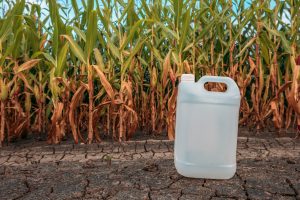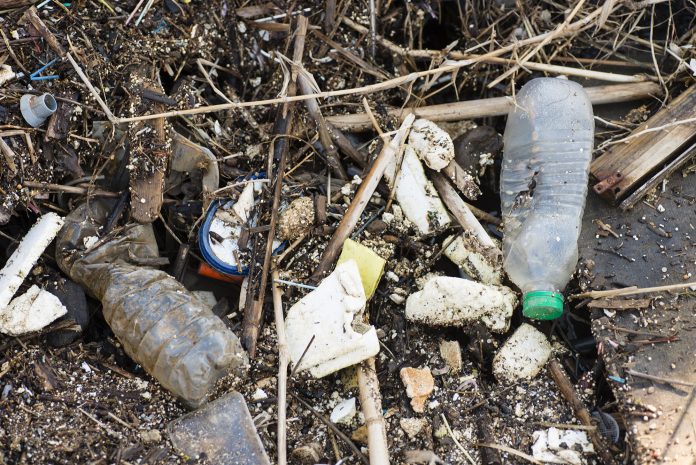On supermarket shelves by 2023 “all-plant” bottles. Avantium a biochemicals company in the Netherlands hopes to turn sustainably-grown crops such as plant sugars rather than fossil fuels into plastic in partnership with major beverage makers in the like of beer-maker Carlsberg.
By the end of 2020, despite of Covid-19 slowdown Avantium’s chief executive Tom van Aken, hopes to wrap up investments for their world-leading bioplastics plant.

Globally around 300 million tonnes of plastic are made from fossil fuels each year, which is a major contributor to the climate predicament and contributes to the scourge of microplastics in the oceans. Microplastics can take hundreds of years to decompose completely.
Avantium’s plant plastic is designed to be resilient enough to contain carbonate drinks. Trials have shown that plant-based plastic would decompose in one year using a composter, and a few years longer if left in nature. Preferably, it should be recycled, said Van Aken.
 The path-finder project will initially make a modest 5,000 tonnes of plastic every year using sugars from corn, wheat or beets. However, Avantium expects its production to grow as demand for renewable plastics climbs.
The path-finder project will initially make a modest 5,000 tonnes of plastic every year using sugars from corn, wheat or beets. However, Avantium expects its production to grow as demand for renewable plastics climbs.








